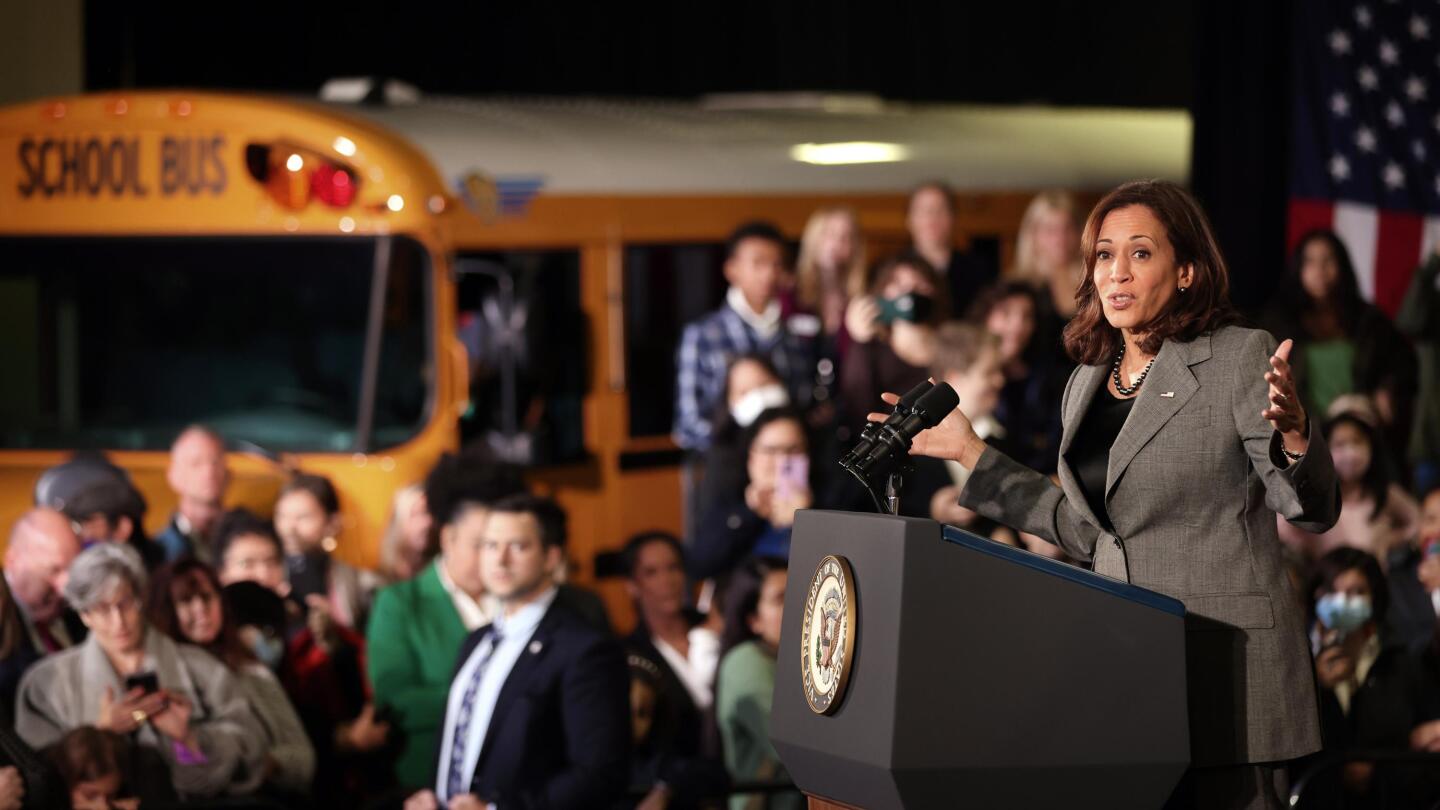Electric School Buses would be good for Cities close Suburbs and Urban areas. I would be concerned about range in wintertime. When we lived in North Dakota my son's Bus ride was 45 minutes to and from School and he wasn't even the first on and last off.
I know you like to be the contrarian and that's often good as a way to sanity check ones assumptions, however: Rural, extremely cold places are not really a big issue. The big damage to our economy and ecology is the massive numbers of ICE polluting our cities in temperate latitudes. If we take all of the extremely rural and extremely cold places and use ICE, it won't make a big difference.
In fact, IMHO, folks who live in cold, remote places should be championing for the cities to adopt EVs instead of selfishly(but naively) grousing that it won't help them. Transition of urban travel to EVs and renewable energy sources will reduce the demand for and thus reduce the cost of oil and fossil fuels which are so desperately need for even minimal comfort in cold, remote places.
Some drivers take their School Buses home. Would Districts be required to provide Home Charging?
I don't think the district would have to provide a home charger but it would certainly only be reasonable for them to provide a charger for THEIR school buses. However, that could probably be at the drivers' home or the school. I suspect the buses stay at the school during the day, after the morning pickup run and before the afternoon run back home.
I suggest, however, that the rural schools, even if most runs are an hour or less, will need a few long-range buses (that could be EV) to take kids long distances since rural schools often have to travel long distances to sporting and academic events as well as field trips. Being rural, they often rely on traveling to expose students to things that are not available in their rural communities. Again, this is not a big driver in the global ecology or economy.





